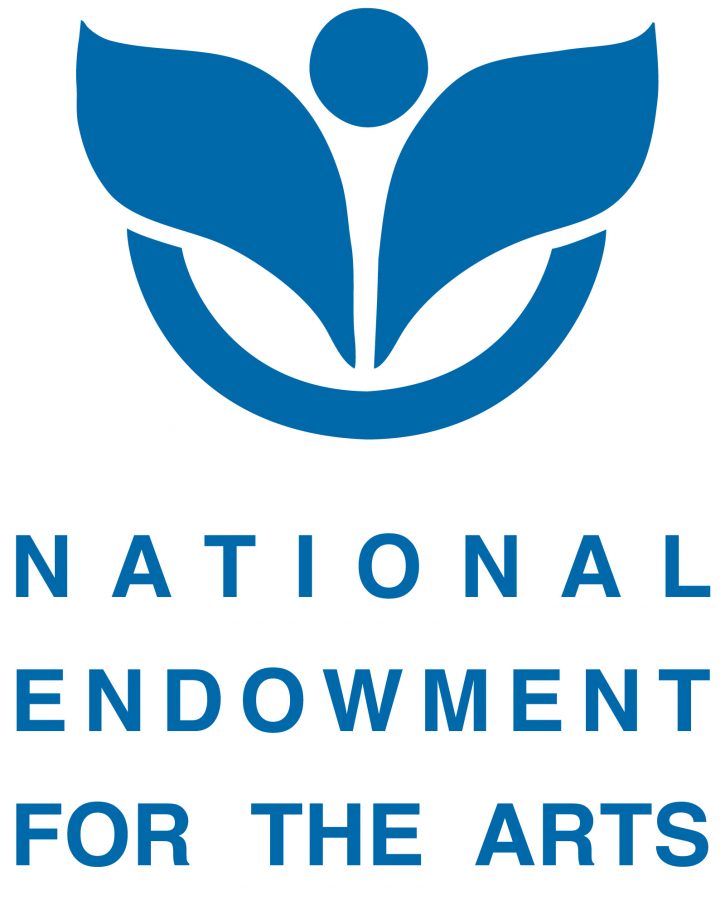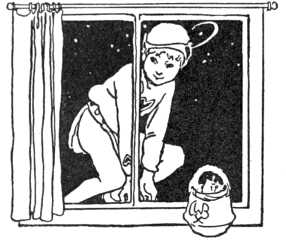Despite Political Changes, The Arts still Matter
There is no doubt that there is a media storm surrounding the president. With scrutiny of every new outrageous notion coming from the White House, the smaller, less overtly odious ideas of the Trump administration can fly under the radar, like some of Trump’s ideas to cut costs within the federal government.
One of the programs under threat of the axe is the oft maligned National Endowment for the Arts. Indeed since its creation in 1965, the NEA and similar programs have come under attack from such conservative figures as Ronald Reagan, the American Family Association, and Newt Gingrich for such diverse reasons as wasteful spending, elitism, and of course the endorsement of pornography. Now while each of these points is debatable, the real problem with the debate over the NEA is the uselessness of argument over a small, generally inexpensive program that provides real impact on diverse communities while the federal government ignores the more bloated and wasteful programs.
However, to play ball with the conservative philosophy, the arguments against the arts programs should be addressed. The first argument is against its necessity. Surely, since the arts existed in all their glory before the establishment of the NEA, they would continue to function afterwards. While this is hypothetically logical, it ignores the economics of the art industry. Art has never been self-sustaining, from the earliest patronizing of artists by feudal monarchs to the modern era of donations and organization trusts, the arts have required outside assistance. Now the purest capitalists would trust this requirement to the “invisible hand of the market” with private figures using the goodness of their hearts to support their communities, and it is true that private funding makes up the majority of the budget for most arts institutions along with ticket revenue, but the fact that the NEA’s grants allow institutions to have a base level of funding without having to rely on the whims of private figures.
Some would also charge the NEA with being elitist, with taxpayer funding going towards opera, and theatre, and artwork that the vast majority of the public would never want to see. Now looking at the American public as a whole, the cynical mind would be apt to agree with this argument. That however overlooks the amount of programming the NEA puts towards bringing the arts to all communities, including those that would not normally be exposed to the majority of art forms.
So as both legislators and the man on the street consider the problems of public arts funding, especially in what will probably be a more fiscally tight future, it must be of the utmost importance to consider everything the NEA brings to America. The continued support of arts funding allows the arts to permeate or communities, and allow the benefits of the arts to continue our culture past our own lifetimes.





